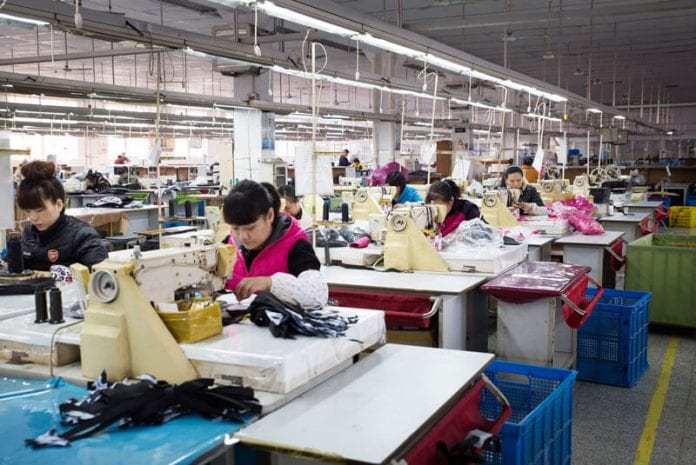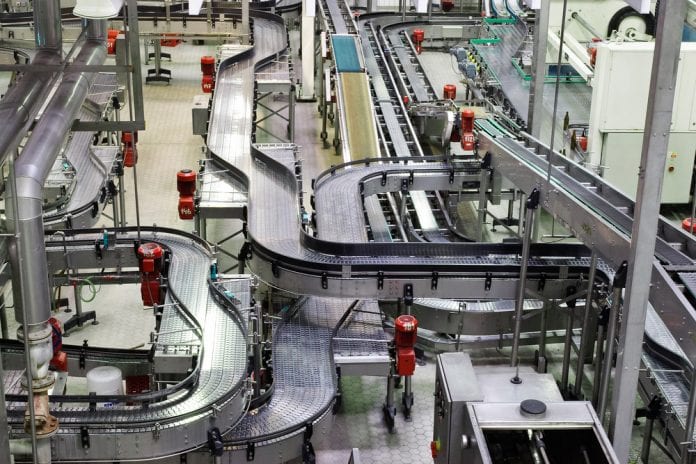A big part of bringing your product idea to life is finding a manufacturer. Most new businesses, often because of budgetary restraints, opt to outsource their manufacturing overseas. While the costs can be lower, there are certainly challenges.
How do you know for sure that a manufacturer is who they say they are? What about challenges in communication and cultural differences?
If you don’t choose the right manufacturer, it can cause you to lose serious momentum. Choosing a good manufacturer, such as RapidDirect which works on rapid prototyping and low volume manufacturing, can be make or break.
The following are some tips that you can use to find a quality manufacturer, even if it’s something you’ve never done before.

Know What You Need
When you are looking for a manufacturer, the first thing you should do is be very clear on what it is you’re looking for. For example, do you even need a manufacturer? You need a manufacturer if you’re working on your own idea, but if you don’t have a product you need made, you might want to work with a supplier or distributor.
This focus of this guide is also on finding an overseas manufacturer, but before you go that direction, ensure it’s right for your needs.
If you go with a domestic manufacturer, benefits include faster shipper times, intellectual property protections, and the ability to market with the made in America component.
However, there aren’t that many products that you can have manufactured in America anymore, so along with the cost, it can be limiting to go with a domestic manufacturer.
Finding Manufacturers

There are a lot of online resources available if you want to find an overseas manufacturer. A good starting point, aside from a company’s own website, is third-party directories.
You should be aware that overseas manufacturers is an incredibly broad term. Not all countries are going to be a good fit for all products.
There are certain countries where you’ll find the manufacturing is more centered around specific products than others.
For example, China is one of the few countries where there is a lot of metal available,so if you need that for your product, China may be one of your only options.
Online resources are available that help you find information about the countries that specialize in certain products, including the Country Commercial Guides.
Comparing Factories
If you do have a shortlist of manufacturers or factories in mind, you can start comparing them. You’ll want to get in touch with someone directly and have some questions ready for them.
For example, ask potential manufacturers who they’ve worked with in the past, and whether or not you can reach out to some of them as references.
Another important question is the average turnaround time. You might not get a specific answer, especially if you don’t have a prototype, but a factory should be able to give you a general estimate based on their typical turnaround time.
Does the manufacturer have a minimum order quantity?
Once you’ve asked these general questions, you can move onto more specific questions.
For example, does the manufacturer charge for samples, and what is the standard price for production?
A few other things to look for in a factory include:
- Does the factor or manufacturing facility have experience related to your particular product? Do they also have access to other professionals you might need to work with throughout the process?
- Does the facility have the necessary equipment and technical capabilities?
- Does the manufacturer work with any major brands you might know about?
Don’t Just Rely on Email for Communication

It’s easier to communicate with manufacturers via email, because of language barriers and different time zones, but sometimes you need to use other forms of communication. For example, you might want to schedule a call on Skype or a similar app.
Some cultures are more open with face-to-face communication, and it can also give you a different perspective than what you might have if you rely on email alone.
Finally, if you think you’ve decided on a manufacturer before you make a purchase, you should ask for a product sample. When you get a sample, you can take a look at the quality before you make big purchases. This will also give you something you can show possible investors or customers.
If you’re in the early stages of finding a manufacturer, you might ask for samples from several facilities before you make a decision.









